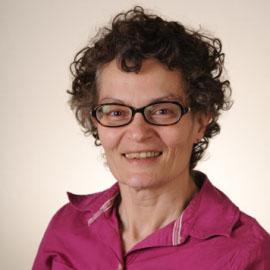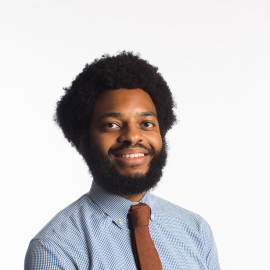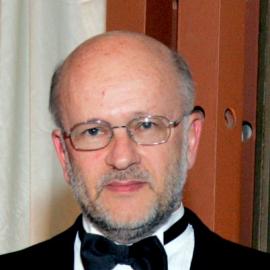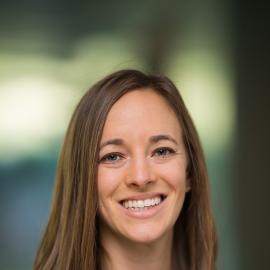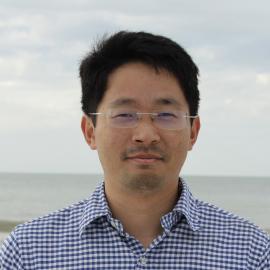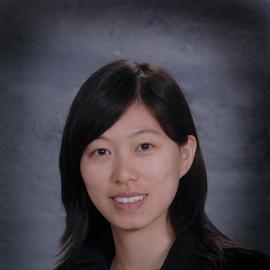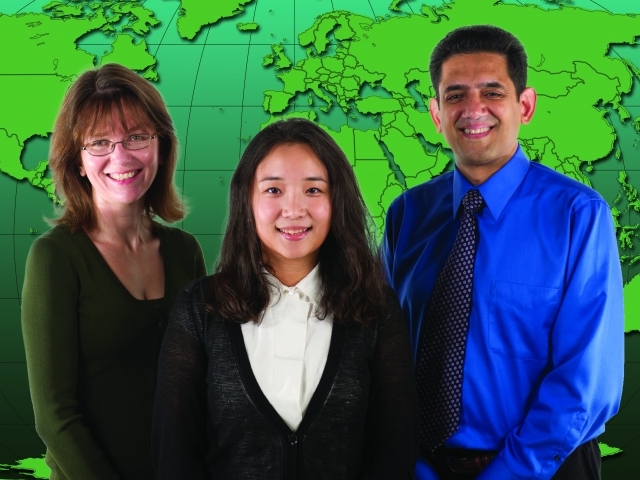
ISyE’s research in applied probability and simulation ranges from theory to application. Current methodological research in applied probability includes:
- Approximations of queuing networks.
- Rare events (e.g., large deviations, extreme values, and tail asymptotics) in queuing systems, Gaussian processes, and heavy-tailed environments.
- Duality, mixing times, and phase transitions in (controlled or noncontrolled) Markov processes.
- Design and analysis of algorithms and related combinatorics.
- Inventory theory.
On the simulation side, one finds projects that seek to improve the efficiency and validity of complicated simulations. Examples of such efforts include:
- Optimization of simulation models (e.g., via adaptive random search, ranking and selection, or multinomial selection).
- Simulation of stochastic processes with strong dependencies.
- Sequential procedures for estimating quantiles.
- Variance reduction methods to estimate option prices.
- Sampling from model manifolds.
Recent projects
Much of the applied probability and simulation research is on modeling and analysis of real-world systems involving uncertainty. Recent projects include:
- Allocation of resources such as clerks, laptops, and voting machines for elections.
- Option pricing and dynamic portfolio choice.
- Flexible server assignment in queuing networks.
- Modeling and surveillance of infectious disease outbreaks.
- Real-time management of complex resource allocation systems.
- Routing and design of the overhead AGV system in a wafer fab.
- Pricing in networks of queues.
- Probabilistic modeling of fire ant (Solenopsis invicta) bivouac towers.
- Admission control in loss networks.
- Estimation of the probability of winning a random round-robin tournament.
- Robust design of unit-load storage systems.
- Multi-armed bandit problems.



